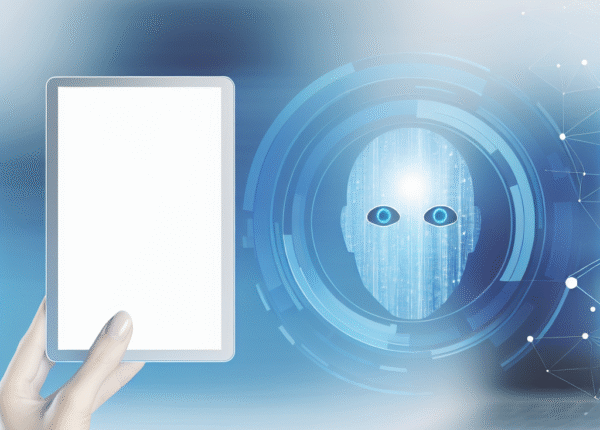AI as a Life Skill: Education Meets the UK Workplace in a New Era
Artificial intelligence is redefining how students learn and the world they’ll graduate into, with educators describing AI literacy as a core life skill rather than a niche tool. In a recent discussion, OpenAI chief executive Sam Altman argued that if he were graduating today, he would feel like the luckiest kid in history because AI unlocks opportunities once out of reach. ChatGPT and other AI assistants are moving from curiosities to daily teammates in classrooms and career preparation, reshaping what it means to study, think, and plan for a future where automation is everywhere.
Across universities, educators are weaving AI into the fabric of learning—not as a shortcut but as a partner that helps students structure arguments, analyze data, and practice real-world problem solving. The sense is clear: mastery of AI tools will be a differentiator in the job market, and universities are experimenting with curricula, assessment methods, and ethics to ensure students can channel AI’s capabilities responsibly while sharpening human skills such as critical thinking, collaboration, and creativity.
In parallel, a Guardian investigation into the UK’s workforce reveals a more cautious mood. Despite a government emphasis on increasing uptake of AI, many workers report they do not reveal their use of AI tools at work, fearing scrutiny of their competence. The survey finds that only about 13% of UK adults openly discuss AI use with senior staff, while roughly a third conceal it. At the same time, around half of workers believe AI can help people who are not very strong at their jobs, hinting at a potential leveling effect if used transparently and with proper support.
These two threads—the push to embed AI as a core life skill in education and the real-world hesitations in the workplace—point to a future where learning and labor must adapt in tandem. Schools, employers, and policymakers face a shared challenge: how to provide training, guardrails, and trust so that AI amplifies human capability without widening gaps in performance or opportunity. The answer, some experts say, lies in transparent usage, ongoing upskilling, and curricula that foreground ethics, accountability, and the social implications of automation. In short, AI will be less about a single tool and more about an evolving skillset that students carry into their careers.
With voices from educators and industry leaders alike, the coming years could define a new era of education and work where AI is less a threat and more a collaborative partner. As Altman suggests, the opportunity isn’t simply to automate tasks, but to learn how to guide intelligent systems in ways that expand human capability, prepare graduates for a complex job landscape, and reassure workers that AI can be a force for support rather than surveillance. The next chapter will require practical training, thoughtful policy, and a willingness to rethink traditional boundaries between study and work, learning and production.
Sources
Related posts
-
AI for the Many: Reframing the Tech Revolution, Immortality Talks, and Online Radicalisation
The moment is being defined by a three‑part conversation: how AI will reshape work, how new technologies may...
28 September 202539LikesBy Amir Najafi -
AI’s Expanding Frontiers: Education, Art Copyright, and Safeguards
Artificial intelligence is no longer a lab experiment. It’s seeping into classrooms, our creative culture, and the safeguards...
18 October 202536LikesBy Amir Najafi -
AI News Roundup: Trump–China diplomacy, Canva’s imagination era, and teenage AI therapy
Today’s AI news reads like a compact panorama of power, design, and daily life. After a high-stakes summit...
30 October 202533LikesBy Amir Najafi


